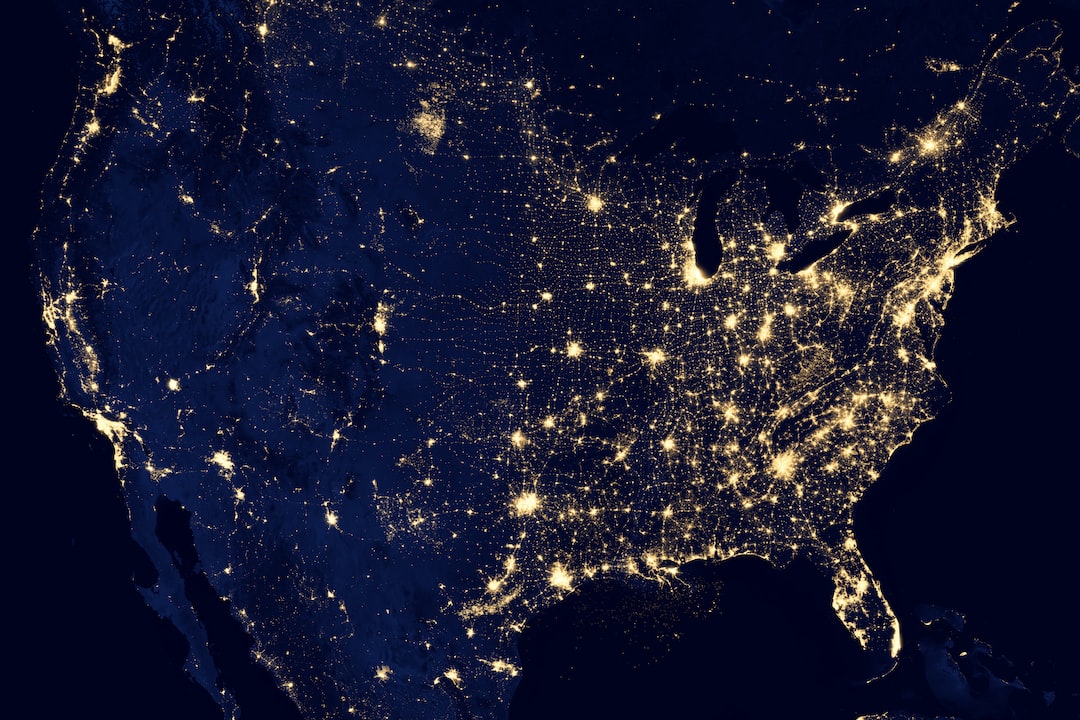The Role of Artificial Intelligence in Content Creation
Artificial Intelligence (AI) has revolutionized various industries, and content creation is no exception. AI technology has transformed the way content is generated, produced, and distributed. From writing algorithms to automated editing and content generation, AI has proven to be an invaluable tool for content creators.
One of the most significant ways AI has impacted content creation is through the use of natural language processing algorithms. These algorithms allow AI systems to comprehend and analyze large volumes of text, helping content creators develop more relevant and engaging content. For instance, AI-powered platforms can scan through articles, blog posts, and social media to determine popular topics, keywords, and trends. By highlighting these insights, content creators can better align their content with what audiences are currently interested in, resulting in higher engagement and reach.
Additionally, AI technology can assist in the editing and proofreading process, something that was previously a meticulous task for content creators. Grammar and spelling errors can often go unnoticed, but with the help of AI-powered editing tools, writers can eliminate these mistakes more efficiently. These tools use machine learning algorithms to understand context and offer suggestions for improvements, enhancing the overall quality of the content.
Furthermore, AI has come a long way in generating content itself. Automated content generation is revolutionizing the way articles, news, and reports are created. AI algorithms can generate text based on specific inputs, such as a topic or keywords. This technology has proven to be particularly useful in industries like finance and sports, where data-driven content is crucial. AI can analyze enormous amounts of data and generate reports or summaries faster and more accurately than traditional human methods.
While some may argue that AI-generated content lacks a human touch, it is worth noting that AI can imitate human writing styles and adapt to different tones and genres. This means that AI-powered content can be tailored to fit the desired style and voice of a particular brand or publication. Furthermore, AI-generated content can free up content creators’ time to focus on more creative and strategic tasks that require human input, rather than spending excessive time on repetitive content generation.
Another advantage of AI in content creation is its ability to personalize content for different audiences. Personalization has become a crucial aspect of digital marketing, and AI can help content creators deliver content tailored to the preferences and interests of individual users. By analyzing user behavior and data, AI algorithms can predict what content users are most likely to engage with, resulting in a more personalized and engaging experience for the audience.
However, it is important to acknowledge potential concerns and challenges associated with AI in content creation. Critics argue that relying too heavily on AI-generated content could result in a lack of creativity, originality, and human touch in the industry. Additionally, there are concerns about the ethical implications of AI-generated content, such as the spread of misinformation or biased viewpoints. To address these concerns, it is crucial for content creators to use AI as a tool rather than a replacement for human creativity and critical thinking. Human oversight and editing are still necessary to ensure the accuracy, quality, and ethical standards of the content being produced.
In conclusion, the role of AI in content creation has expanded significantly in recent years. AI has revolutionized various aspects of content creation, from analyzing text and generating insights to producing content in a more time-efficient and personalized manner. Though concerns remain about over-reliance on AI and potential ethical implications, there is no doubt that AI technology has enhanced content creation processes and provided new opportunities for content creators. As AI continues to advance, it will be fascinating to see how it transforms the content creation industry even further.


